The Cost of Conflict - Why Leaders Need to Learn to Manage Conflict
Conflict is inherent in being human. Conflict over different points of view, personality styles, and even trivial differences like peoples’ favorite sports teams. The ability to manage conflict is critical for all leaders. Rather than let conflict overrun your team and impact interpersonal relationships, successful leaders invest in themselves to learn how to manage conflict. Better yet, they build the necessary foundation to prevent conflict before it rears its head.
Before discussing how to manage and prevent conflict, let’s first discuss the incredibly high cost of conflict within interpersonal relationships, teams, and organizations and WHY managers need to learn to manage conflict.
The Cost of Conflict to Individuals, Teams, and Companies
Conflict has several costs both in lost productivity, impacted health, and risk to companies of all sizes. Below is a list of many of the costs of conflict.
Time Spent on Conflict
According to one study, the average employee spends 2.8 hours pers week on conflict. Worse yet, managers spend between 25 and 40% of their week dealing with conflict. Imagine if those hours were put to productive use (e.g. innovating new products, talking to customers) instead of burning them to manage conflict? At the most basic level, conflict wastes time. In an era of burnt-out work forces and doing more with less, having more time would be a big boost to teams and companies.
Strained Personal Relationships
Conflict creates a temporary and sometimes even permanent strain on relationships, both at work and in our personal lives. Consider the damage that differing political viewpoints has had within families and friend groups over the last few years. I’ve seen friends and family sever relationship over what could (and should) be a difference of opinion.
Lack of Collaboration
The presence of conflict among colleagues will also provide a drag on collaboration. With conflict present, team members will avoid each other where possible and keep interactions to a minimum when forced to engage during team meetings and project updates.
Damaged Morale
Conflict also damages morale at the individual and team level. While a certain level of creative conflict is productive, never ending corrosive conflict will damage the morale of an organization. Lower morale will decrease engagement leading to lower productivity and innovation while impacting overall company success.
Higher Turnover
Conflict also leads to higher turnover. Most people avoid conflict at all costs and often find that landing a new job is easier than resolving conflict within their current role, especially if the conflict is with their manager or team members.
Difficulty in Hiring
The ability to recruit, engage, and retain talent is critical to the ongoing viability of all companies regardless of size and industry. The “war for talent” is enduring and continues to go on even during pandemics, downturns, and industry shifts. Companies with the best people win, full stop. All companies are people businesses at their core, whether they are developing software, personal care products, and materials for industrial applications or services-oriented companies like consulting companies, law firms, or medical practices. Companies known for conflict among employees develop bad reputations among job seekers and result in challenges in hiring top talent. In the social media era (see Glassdoor), companies can’t sweep dysfunction under the rug to potential recruits.
Hit to Business Reputation
People have always bought from brands they like and increasingly engage with purpose-driven brands. Boiling internal conflict can impact a company’s brand and its appeal to customers. Managing conflict isn’t just an internal matter as it also impacts the external perception and likability of brands.
Health & Wellness Impact
Most people don’t like conflict. Even worse, conflict in any aspect of our lives leads to higher levels of stress. While some executives may feel that stress is a natural result of modern living, stress becomes a real business imperative when it leads to sickness, missed work days, less productivity, and lower engagement at work.
Other Negative Impacts
Conflict is toxic to companies of all sizes. Other costs of conflict include bad decisions, missed opportunities, and even lawsuits stemming from unresolved conflict.
Key Takeaway
The ability to manage conflict underscores a company’s long-term success for the reasons noted above. The ability to recruit and retain employees is the lifeblood of companies and maintaining a healthy, positive, and vibrant workplace will yield greater collaboration, productivity, and innovation.
Want More Content Like This?
If you liked this post, be sure to buy a copy of The Savage Leader. You can also sign-up for The Savage Leader Newsletter to gain access to similar articles that will help you on your pursuit to becoming a great leader. The monthly email contains quick practical tips to help you become a better leader from the inside out. Join other Savage Leaders in your pursuit of greatness!


